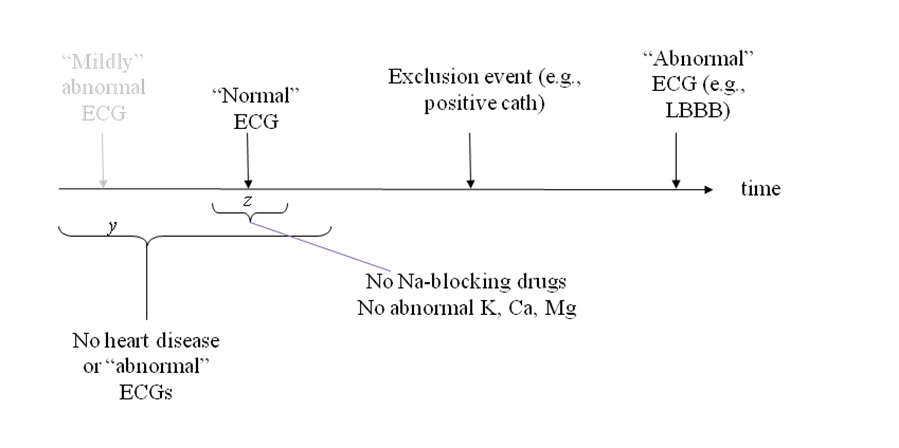CAAD (Carotid Artery Atherosclerosis Disease)
Carotid artert atherosclerosis disease (CAAD) is measured in cases and controls by both structured data, including ICD diagnosis codes, and quantitative measurements of carotid stenosis based on doppler and other imaging technologies.
The phenotype algorithm includes typical eMERGE pseudo code for implementing the structured data components of the algorithm, as well as a portable natural language processing (NLP) system used to extract percent stenosis measurements from imaging reports.

